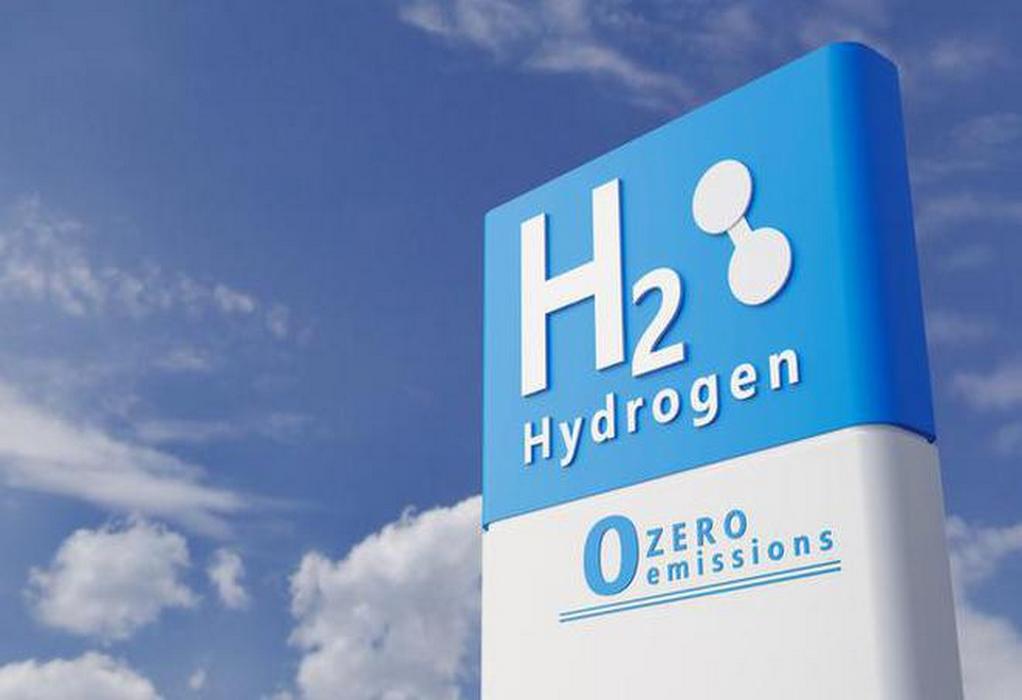Kazakhstan has an abundance of minerals such as copper, which will be critical to supporting the electric revolution, such as battery electric vehicles. At the same time, it is also prepared to produce green hydrogen for export. This places the country in a central position in Europe’s overall efforts for decarbonization.
The country has developed its first low-carbon strategy, which includes an ambitious and highly promising renewable energy sector. Moreover, it has also revealed an openness for investment into emerging industries such as renewable H2, with its President Tokayev in strong support of turning the entire country into a “green powerhouse.”
This is a striking redirection from the country’s traditional focus on its hydrocarbon reserves, as a production hub for Shell, Exxon, Total, and Chevron. This is pushing the country into the position of a key facilitator for the clean energy transition in Europe.
The green hydrogen production strategy is only strengthened by the country’s mineral mining.
With an established mining industry for minerals specifically vital to decarbonization efforts – such as copper and nickel – Kazakhstan is in a strong position to support both the growth of the electric revolution and the expansion of green hydrogen simultaneously.
Tags: COP27, European, Hydrogen, Kazakhistan



Recent Posts
Hyundai Glovis to Retrofit Seven PCTCs with Avikus AI Navigation System
Super Terminais orders three more Konecranes Gottwald ESP.10 Mobile Harbor cranes
Covestro and HGK Shipping Extend Partnership to 2040 with Focus on Wind-Assisted Vessel Retrofit
Artemis Technologies Successfully Demonstrates 100 Percent Electric Crew Transfer Vessel at Aberdeen Offshore Wind Farm
IACS Council Advances Decarbonisation, Digitalisation and Governance Priorities at C91 Meeting in Beijing
Japan Launches Major R&D Project to Advance Shipbuilding with Alternative Fuels
EU Adopts Emissions Standards for Low Carbon Hydrogen to Bolster Clean Energy Market
Trafigura to Implement ZeroNorth’s AI Platform Across Global Fleet